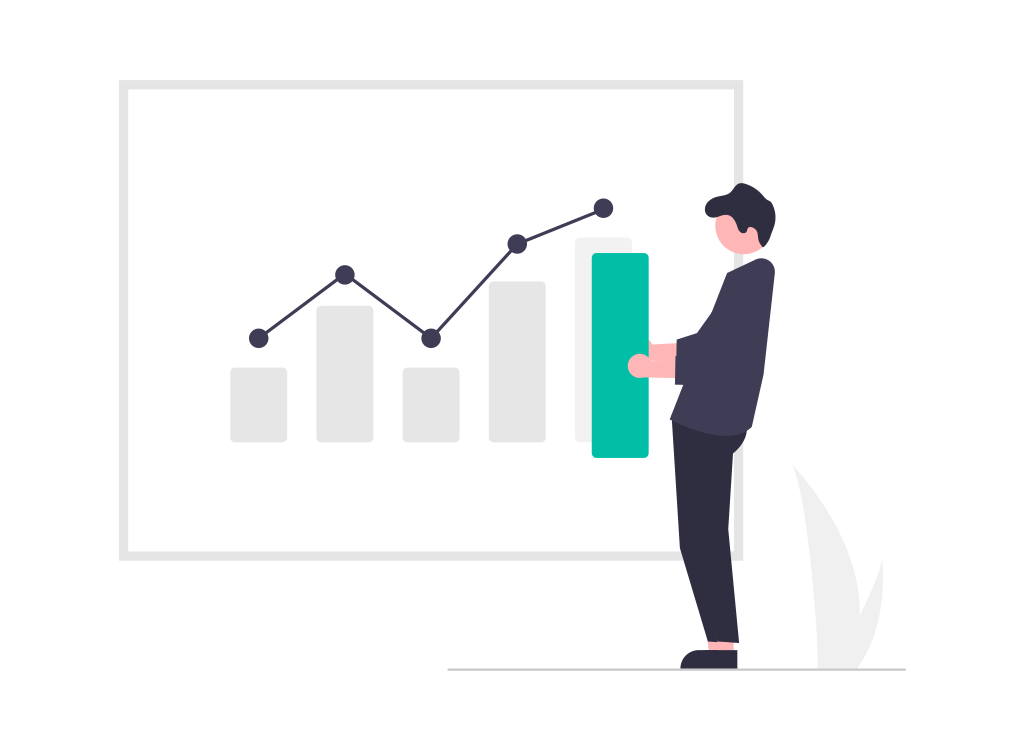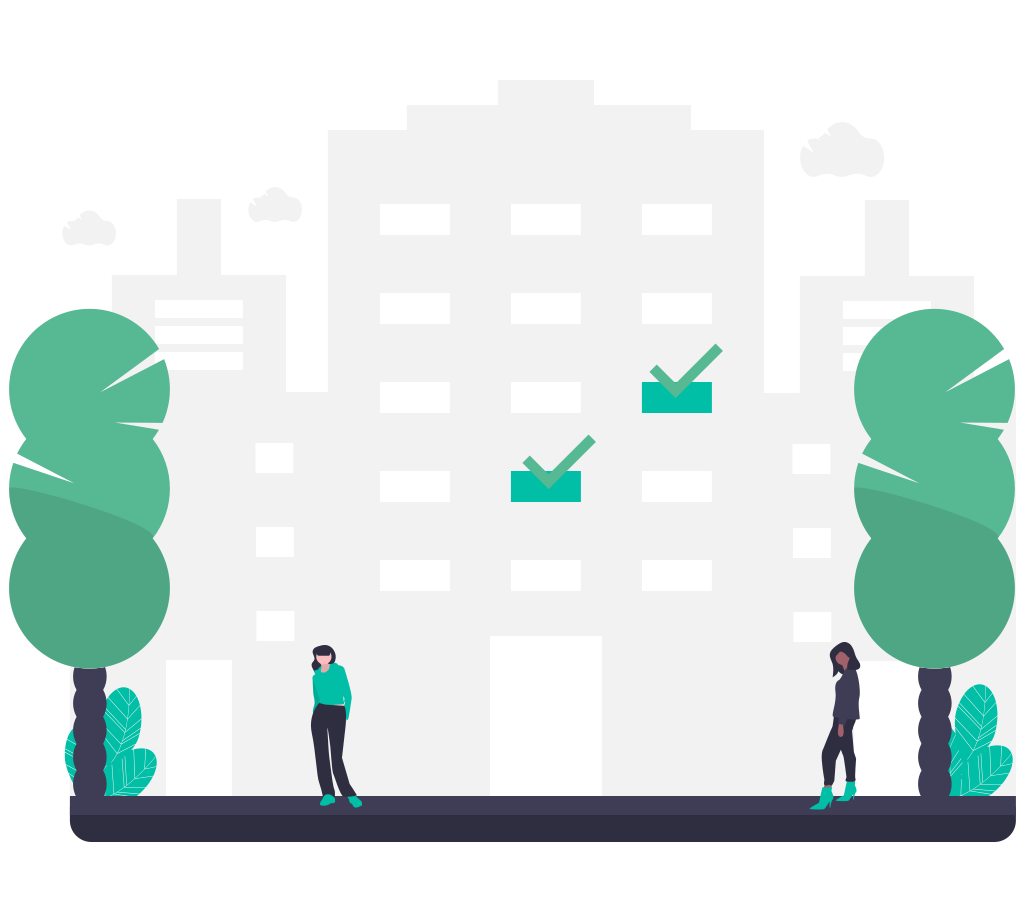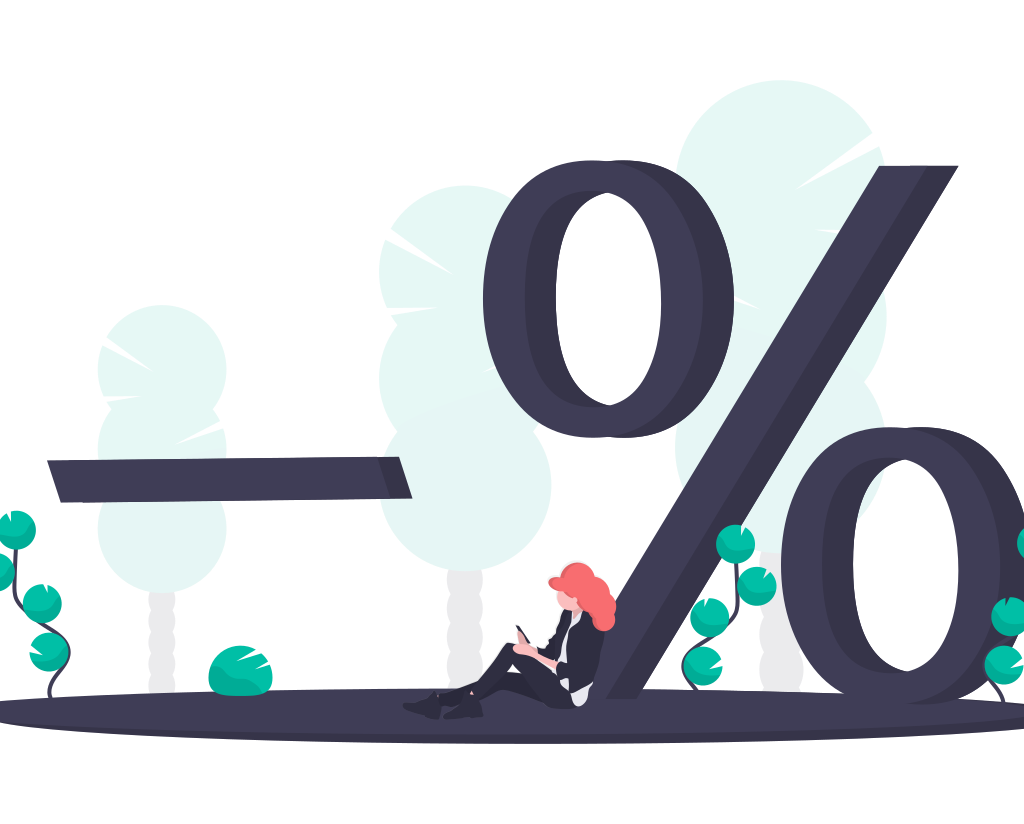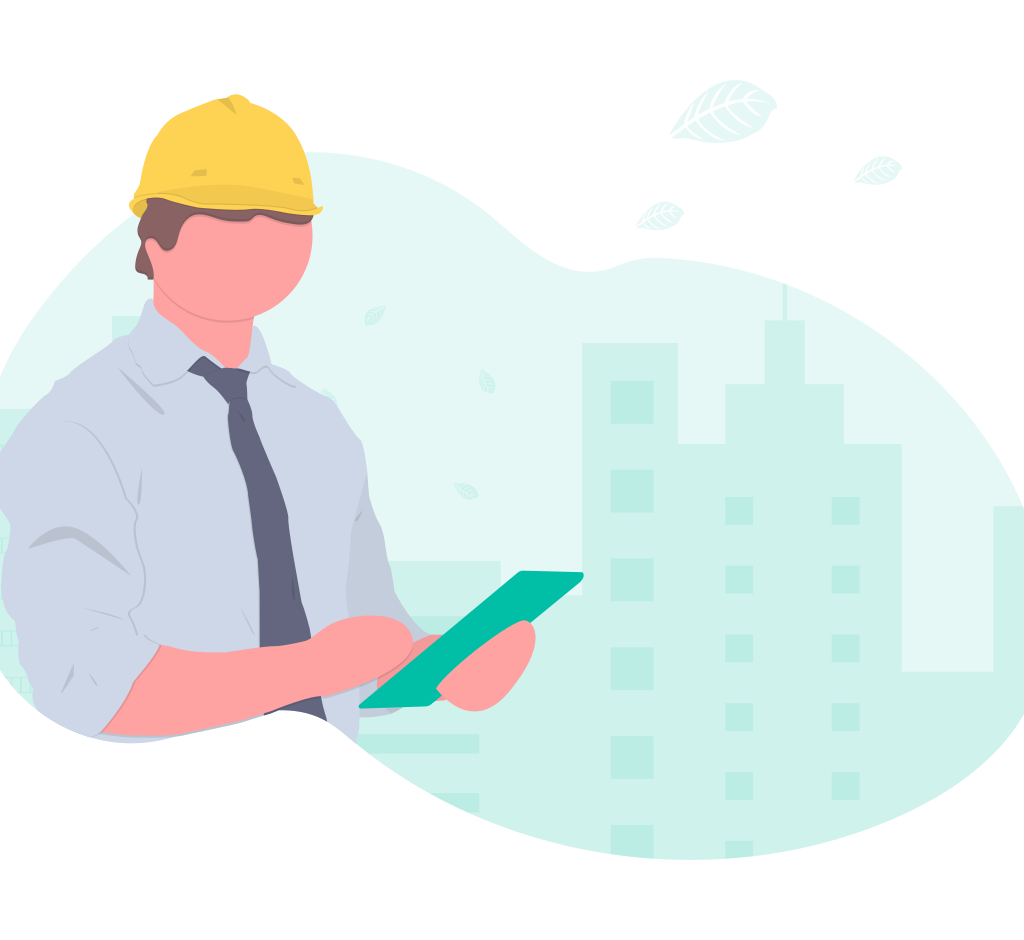Buying an investment property is one of the most complicated and important investments that you will ever make. It’s also one of the most profitable investments if you do it right. But there are some costs involved in the process, and in this article we’re going to look at those 6 costs that you need to know about before purchasing your first investment property.

If you are considering purchasing a rental property, there are six costs that may be of interest to you.
Check potential rental income:
The first thing you’ll want to do is check potential rental income. This will give you a good idea of how much money you can expect to make per month from your investment property, which can help you determine whether or not it’s worth going through with the process of renting out your home.
Check the market, and see how much similar properties are renting for. Then consider how much you can increase it by making improvements to the property and increasing its value. You’ll have a better idea of the return on your investment once you know how much rent you can charge.
Typically, a unit of 2 bedroom in a good location can vary between N2m up or short let renting and about N1m+ for normal renting.

Development levy:
This is a fee that must be paid by developers when they build new buildings or subdivide land to sell as separate lots. This can add significantly to your cost of purchasing and renovating the property.
Development levy are used to provide estate facilities such as security, gatehouse, Light, roads, drainage etc.
Most developers would also include it in the cost of the land per plot itself which makes it “all fees inclusive”. Here at Elitewise Homes Ltd, we understand the burden of having these extra fees attached and we have made our properties cheaper by removing these extra fees. Check our property listings for more details.
Tax:
There are several different types of taxes that could affect your investment property purchase, including state transfer tax and county excise tax. Property taxes are another cost that varies from state to state—and even from city to city—so make sure you know what your taxes will be before buying a property! In some places, these taxes are based on the market value of your home; in others, they’re based on its assessed value (which is typically lower than market value).
You’ll also want to look into whether or not there’s a cap on how much rent can be charged for an investment property in your area—this cap might limit how much money you can earn off of your home if it’s rented out full-time rather than part-time.
Tenant change fee:
Just in case, you later decide to sell your units or land, you may need to pay a tenant change fee which covers advertising costs for finding new tenants and other expenses related to having a vacant property. This can be charged by a landlord when they need to change tenants in order to make repairs or renovations on their property.
Usually, if you intend to resell your property after purchase, the development company needs to be aware and depending on the contract, tenancy change fee can vary greatly up to 30% of the cost of the sale.
Insurance cost:
Insurance costs vary depending on the type of insurance coverage you want for a rental property—and whether any existing structures need repairs before you can rent them out (such as fire damage repair). You’ll need insurance for your investment property (whether it’s owner-occupied or investor-owned).

Property cost considerations:
Before buying any piece of real estate, make sure you know exactly how much it will cost to maintain and repair over time. This will form your recurrent expenditure. Knowing this exactly or at least a rough estimate will enable you know if you will be profitable in a short period or not.

Conclusion
As you can see, there’s a lot to consider when buying an investment property. Before you make an offer, take the time to carefully weigh the costs and benefits. Be sure to include all of these costs in your financial projections, so that you can see how your returns will be affected. Then, talk with a knowledgeable real estate agent to get advice based on your specific goals and needs.
Professional investors know that buying a property as an investment comes with many costs, both up front and ongoing. Not all of them are obvious, either, which is why it’s best to learn about them in advance. Armed with that knowledge, it’ll be much easier to find the right property for your specific situation.
If you find value in this article, share it with your family and friends to enlighten them. Got any questions? Feel free to drop them in the comment section.


